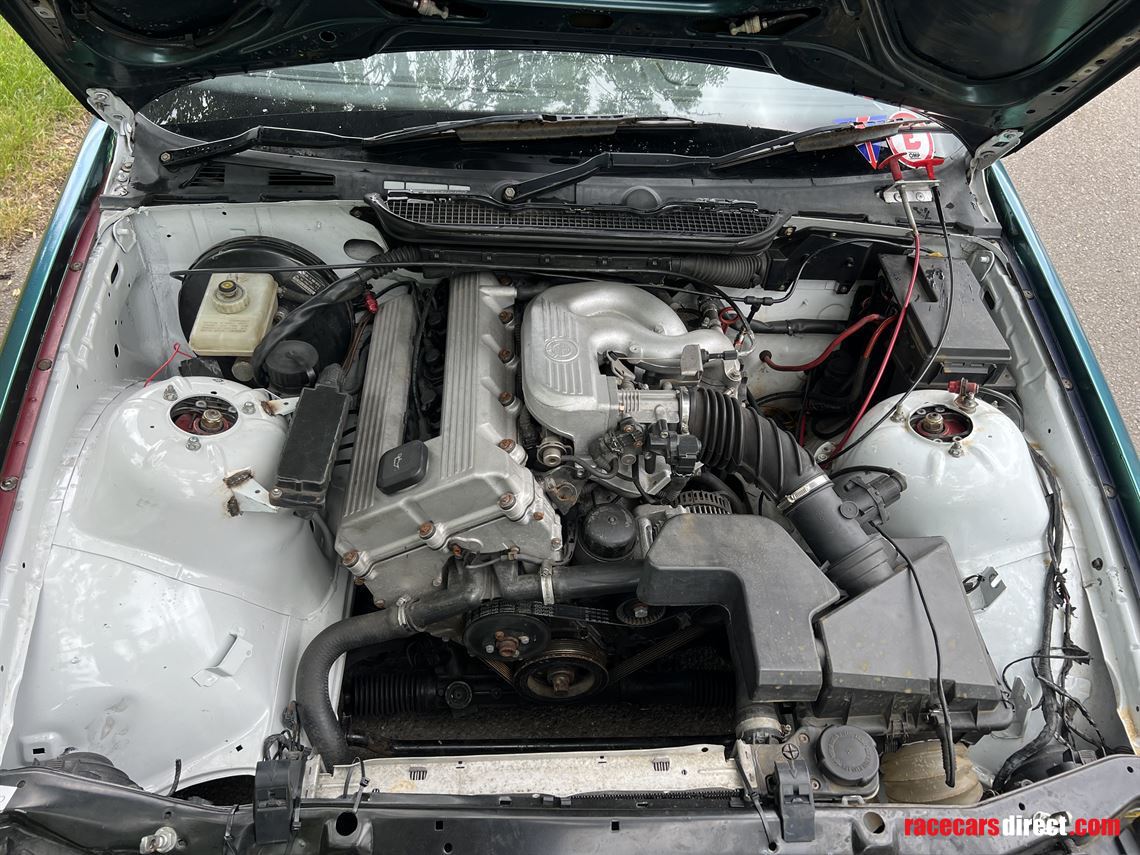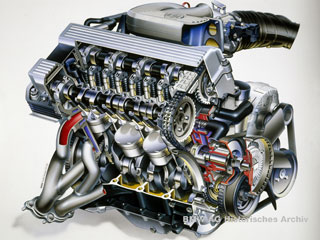Maintaining Your BMW 318ti: Important Tips for Long Life
Maintaining Your BMW 318ti: Important Tips for Long Life
Blog Article
Vital Factors To Consider for Selecting the Finest Engine for Your Needs
In the realm of selecting the optimal engine to satisfy your needs, numerous crucial aspects need meticulous factor to consider to make certain optimal performance and efficiency. From the nuanced balance between power and performance to the often-overlooked elements of maintenance and service demands, each aspect plays an essential duty in establishing the most appropriate engine for your specific demands.
Power and Performance
When evaluating engines for ideal performance, it is crucial to prioritize both power output and effectiveness. Effectiveness refers to how well the engine transforms gas into functional power. By carefully evaluating both power and performance, you can choose an engine that provides optimal efficiency and satisfies your requirements efficiently.
Gas Performance and Economic Climate
In the realm of engine choice, the consideration of gas effectiveness and economic climate holds extremely important value. Gas performance describes the engine's ability to transform fuel into energy with minimal waste, directly impacting operating costs and environmental sustainability. bmw 318ti. When selecting an engine, reviewing its gas economic situation is important to figure out long-lasting cost savings and environmental effect. Engines with greater gas performance not only reduce gas expenses but additionally reduce carbon emissions, adding to a greener operation.

Compatibility and Application
Taking into consideration the fuel performance and economic climate of an engine, the next vital aspect to address is its compatibility and application within details operational contexts. Compatibility describes how well the engine integrates with the total system or devices it powers. It involves elements such as physical measurements, mounting choices, electrical interfaces, and control systems. Making certain compatibility is important to stop concerns such as getting too hot, vibrations, or power discrepancies (bmw 318ti).
Additionally, the application of the engine is just as important. Different engines are created for details purposes, whether it be industrial equipment, aquatic vessels, automobiles, or power generators. Comprehending the designated application permits for the option of an engine that can supply the required power result, torque, and functional characteristics. A high-revving engine made for performance cars would not be suitable for heavy-duty construction equipment that requires high torque at reduced rates.
Upkeep and Service Demands
Upkeep and solution requirements play a critical duty in making sure the longevity and optimal performance of an engine. Routine upkeep is vital to avoid failures, prolong the lifespan of the engine, and preserve its efficiency. When picking an engine, it is necessary to think about the producer's advised upkeep schedule and the schedule of service centers or qualified service technicians.
Variables such as the regularity of oil adjustments, filter substitutes, and total inspections can dramatically impact the engine's performance. Some engines might call for even more constant maintenance based upon their layout and usage, while others may have longer intervals between upkeep checks. It is vital to abide by these solution needs to stay clear of pricey fixings and unanticipated downtime.

Expense and Budget Plan Considerations
When choosing an engine for a particular application,Spending plan restrictions frequently play a substantial function in the decision-making procedure. When thinking about the cost and budget plan implications of choosing an engine, it is vital to assess not just the initial purchase rate but additionally the long-lasting expenditures related to upkeep, fuel usage, and possible upgrades or repair work. It is crucial to strike a balance between the more info here ahead of time cost of the engine and its general lifecycle prices to guarantee that the selected engine continues to be financially sustainable throughout its functional lifespan.
Aspects such as gas efficiency, longevity, and reliability can straight influence the overall price of possession of an engine. While a more expensive engine may have greater ahead of time expenses, it can possibly result in lower upkeep and gas expenses gradually, therefore using far better worth in the lengthy run. Furthermore, considering the accessibility and price of spare parts, as well as the ease of maintenance and service, can help protect against unanticipated monetary pressure in the future. check it out By meticulously reviewing these price and budget factors to consider, you can make an enlightened decision that lines up with your functional demands and financial constraints.
Verdict
Gas efficiency refers to the engine's capability to transform fuel into energy with minimal waste, directly affecting operating prices and environmental sustainability.Elements affecting gas performance consist of engine design, combustion effectiveness, and total efficiency optimization. Additionally, choosing the proper gas kind and grade as advised by the engine supplier can additionally enhance performance and extend engine lifespan.
Engines with excellent use functions and conveniently offered components can reduce upkeep costs and reduce the time the engine is out of operation - bmw 318ti. It is critical to strike an equilibrium between the upfront cost of the engine and its overall lifecycle costs to ensure that the picked engine remains financially lasting throughout its functional life-span
Report this page